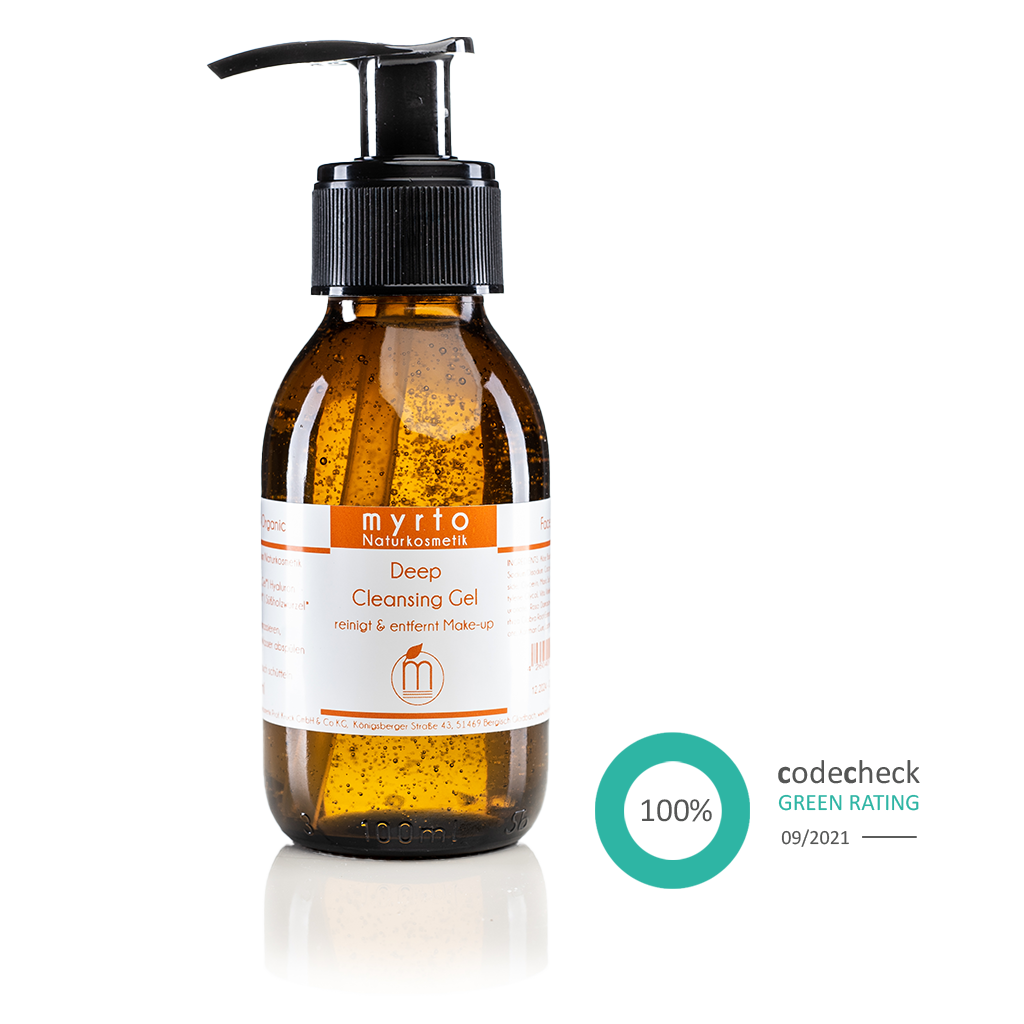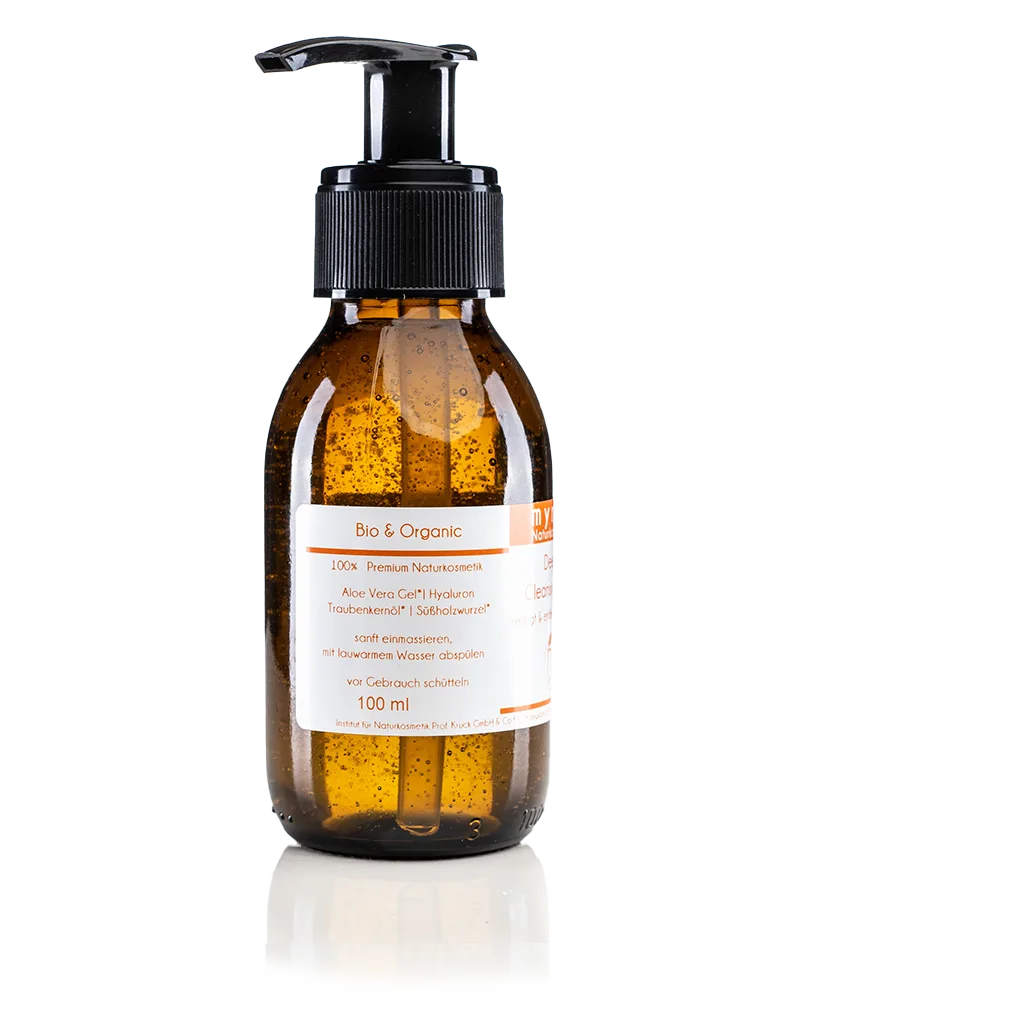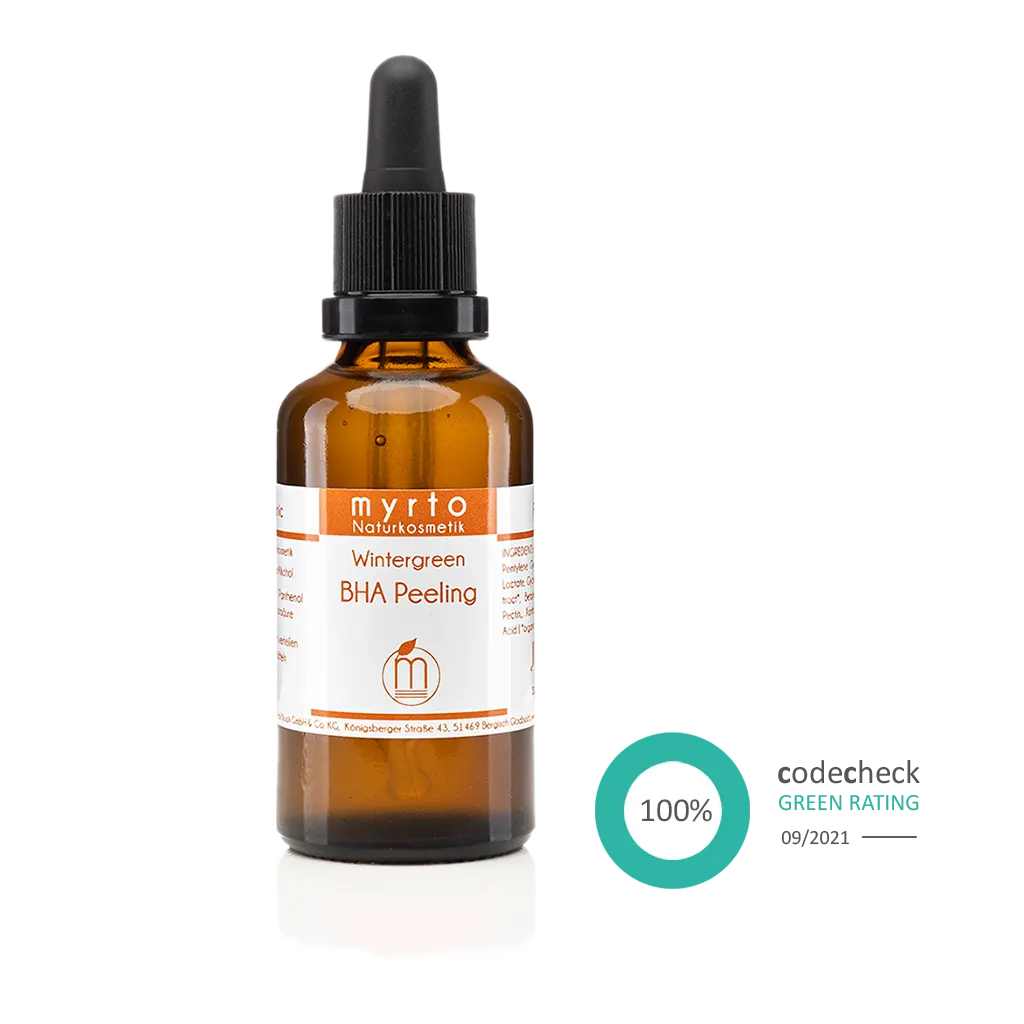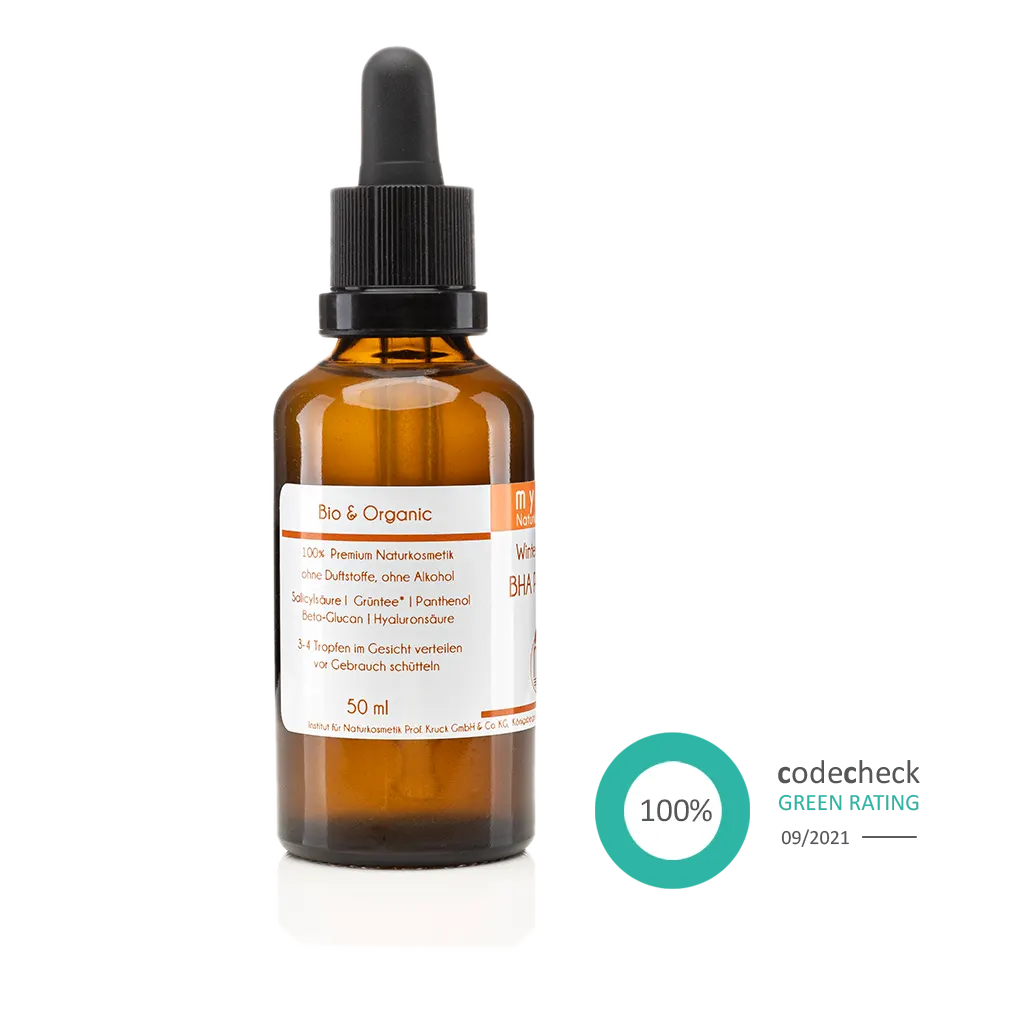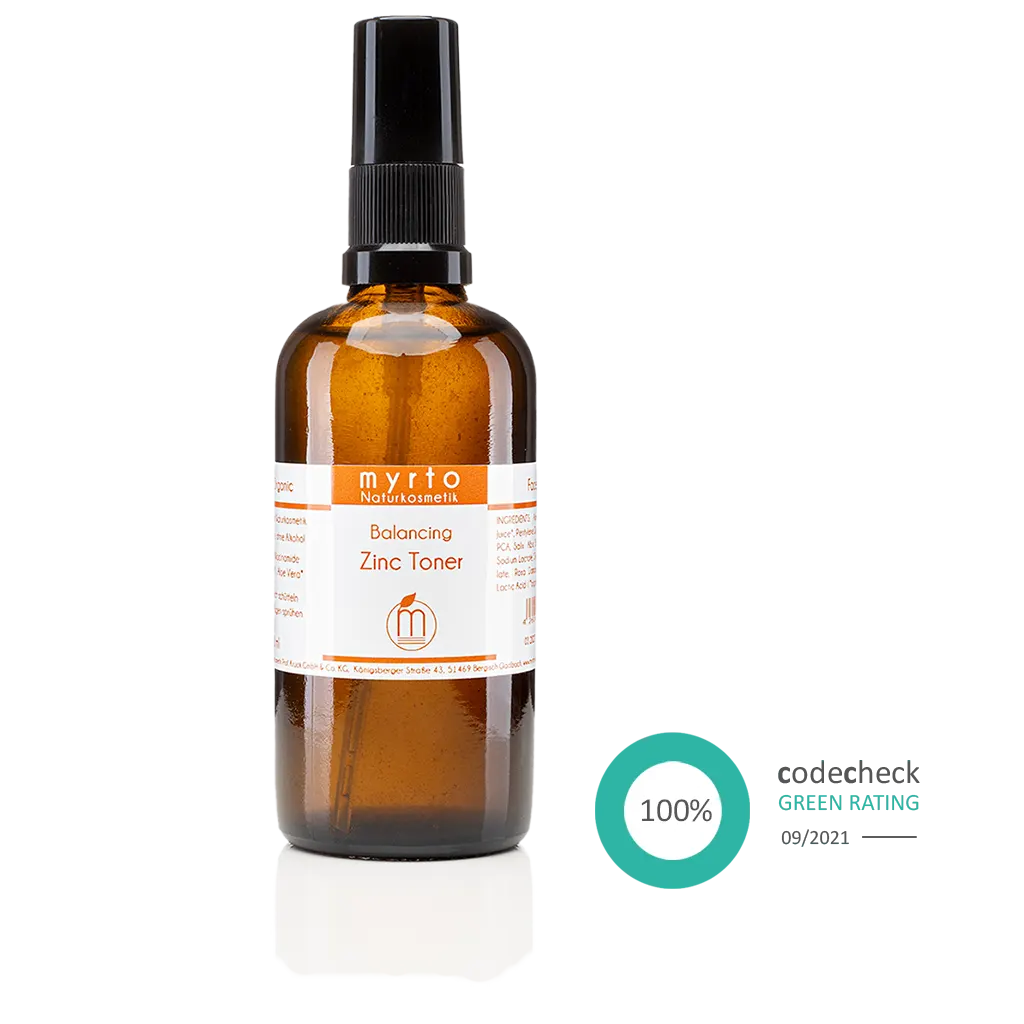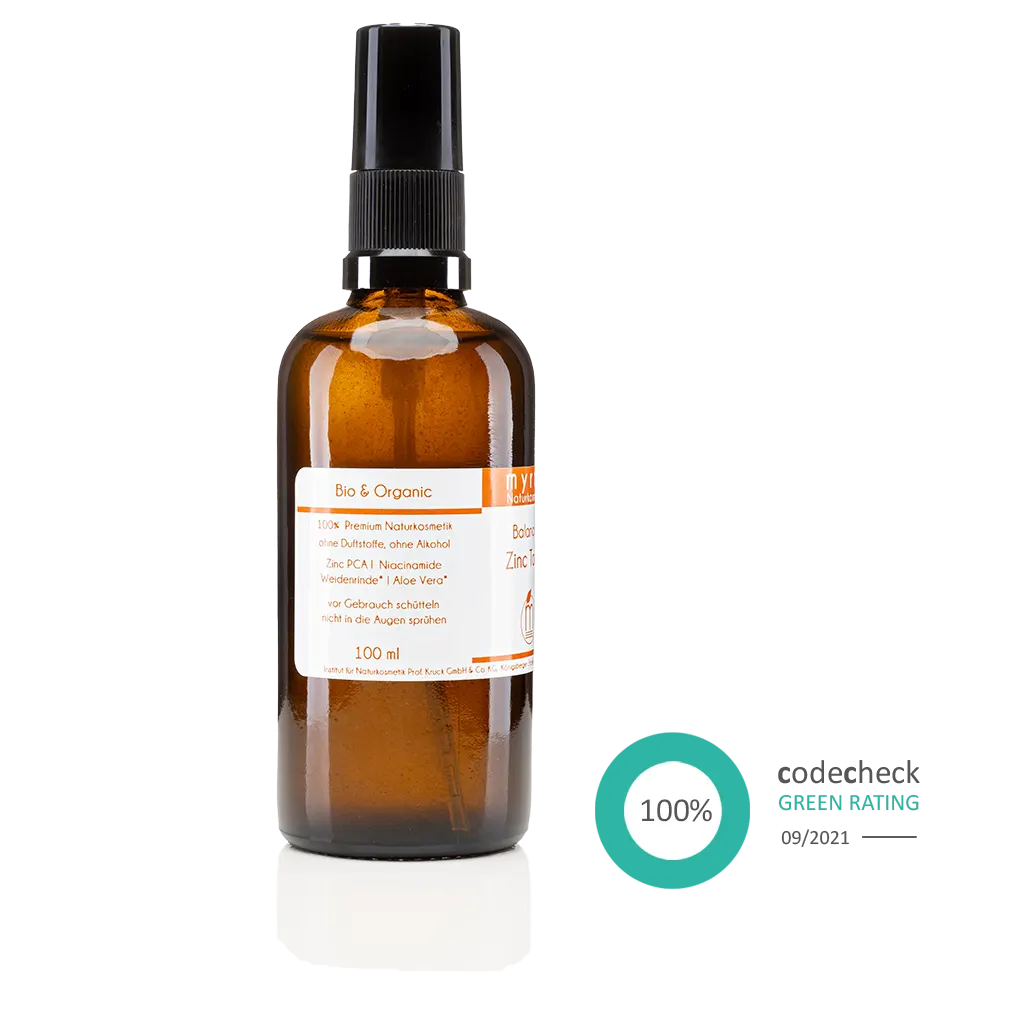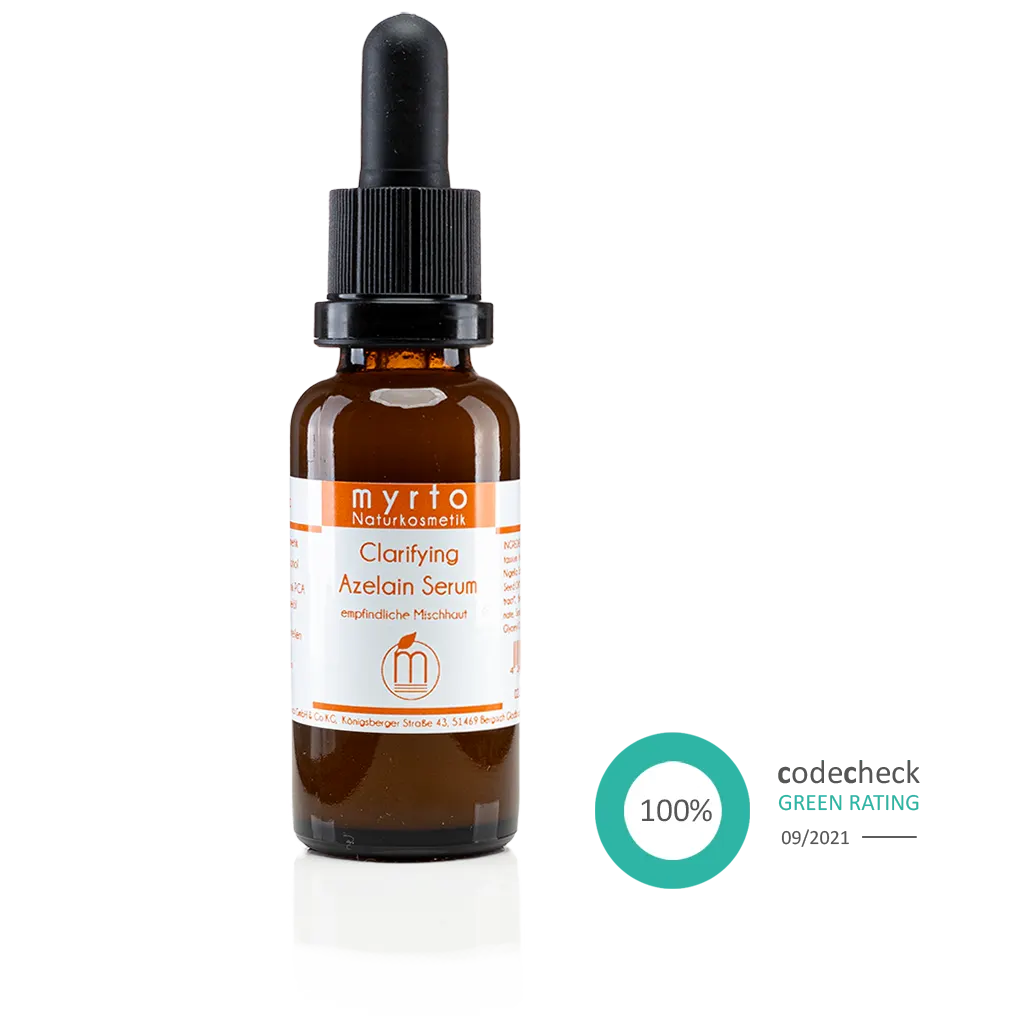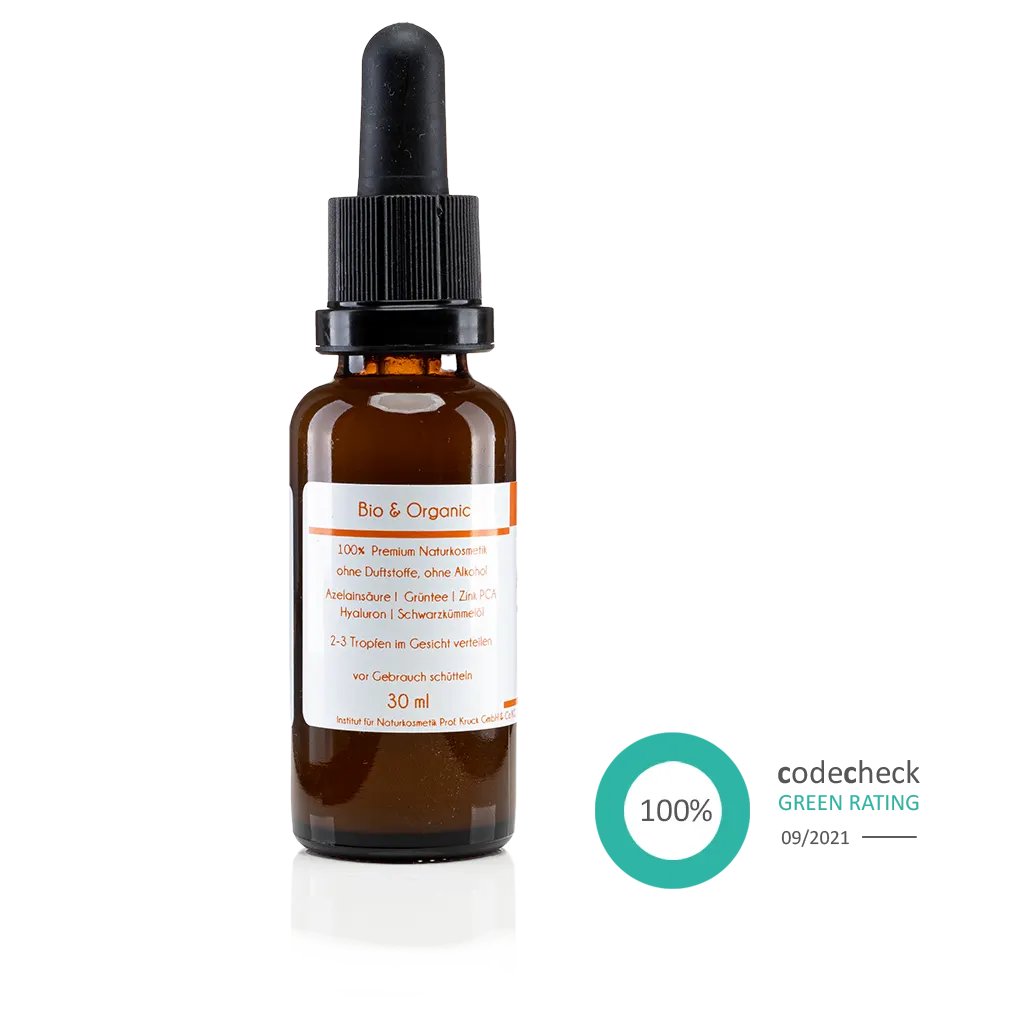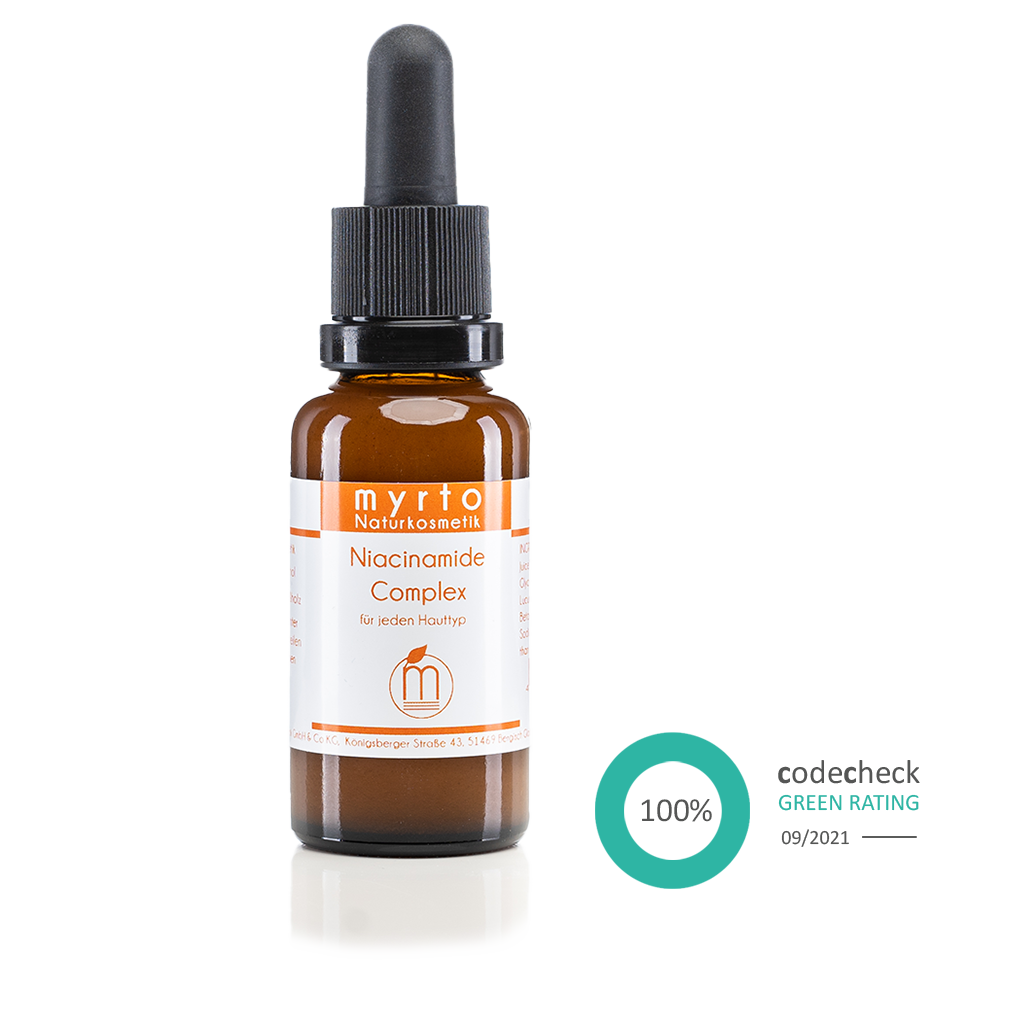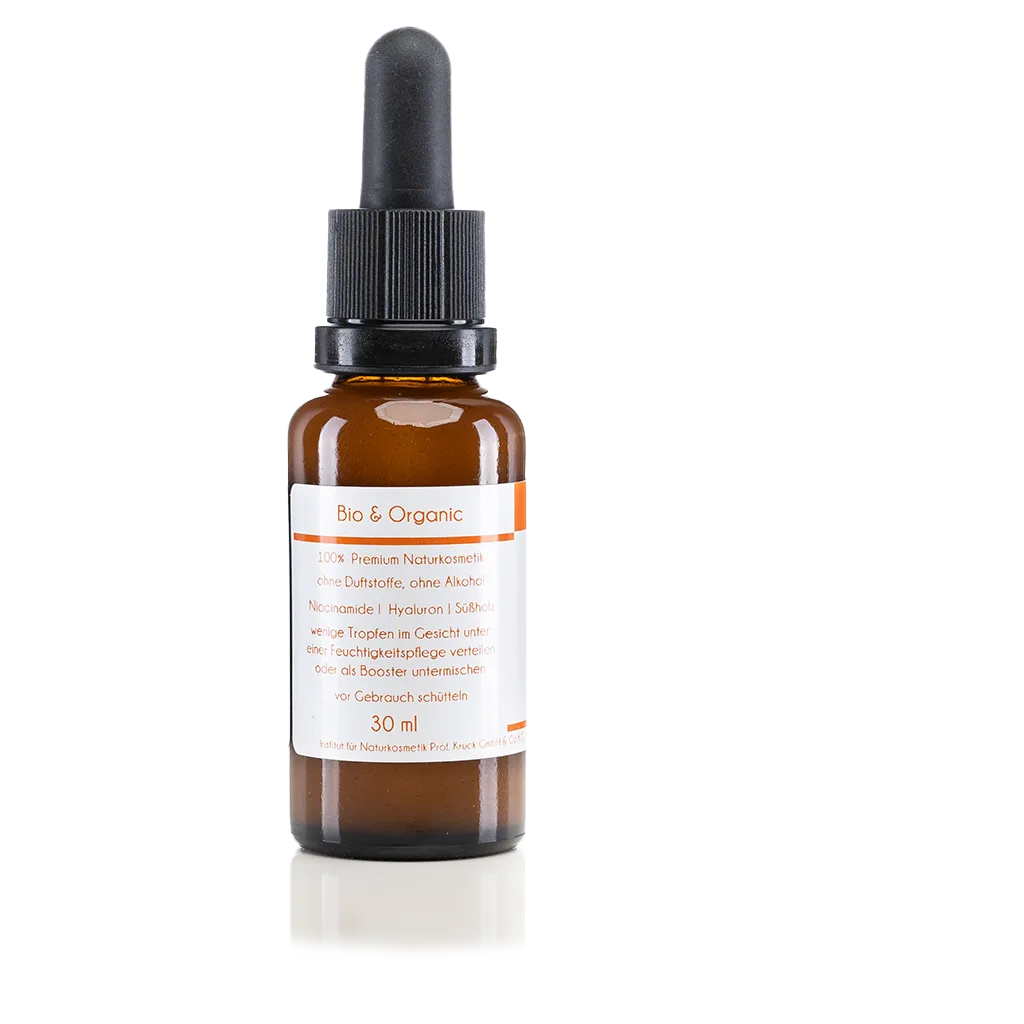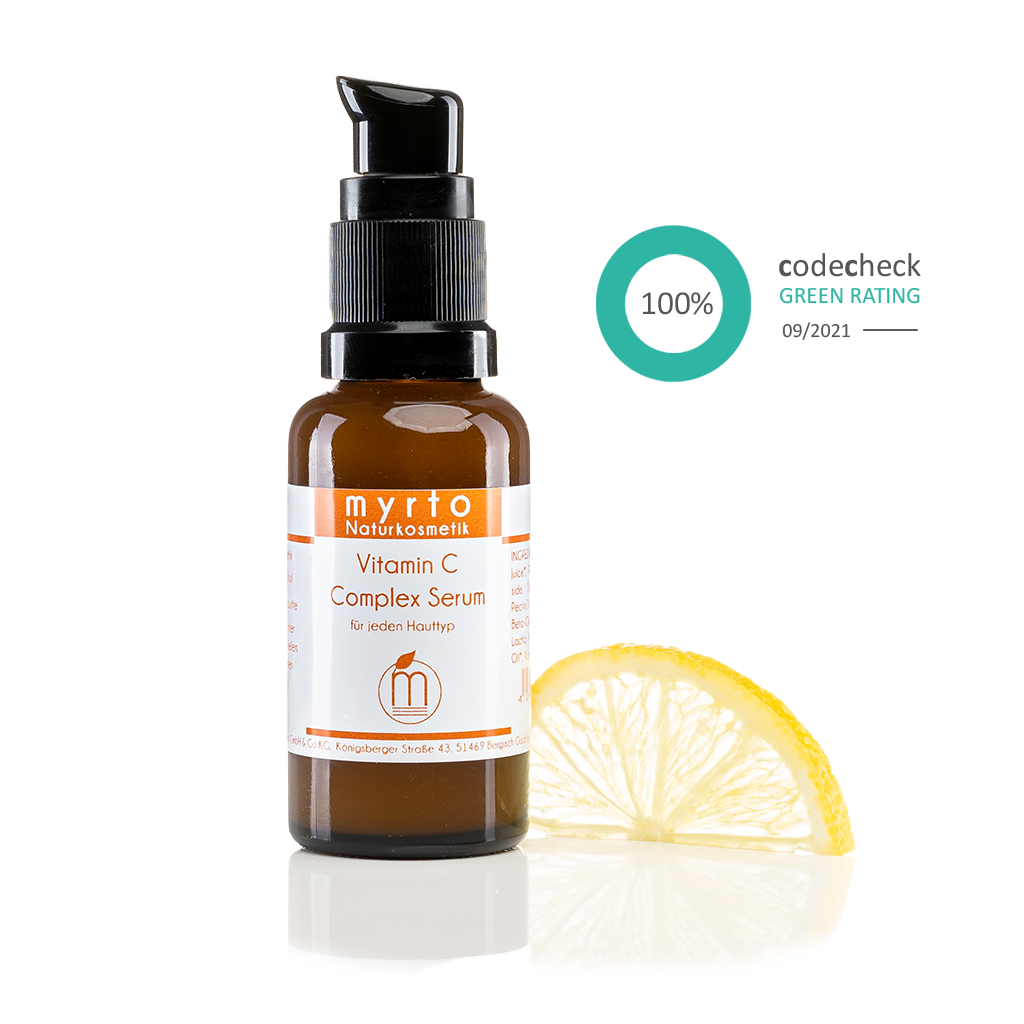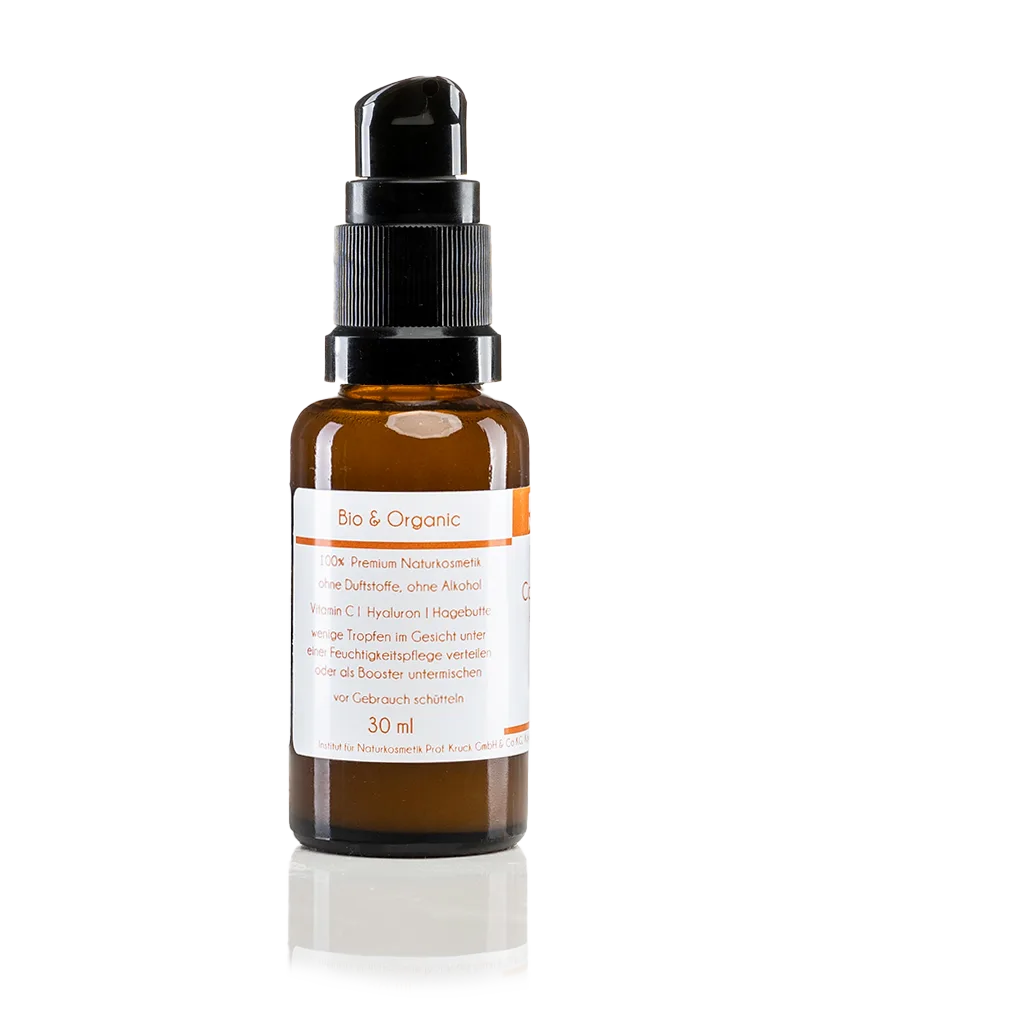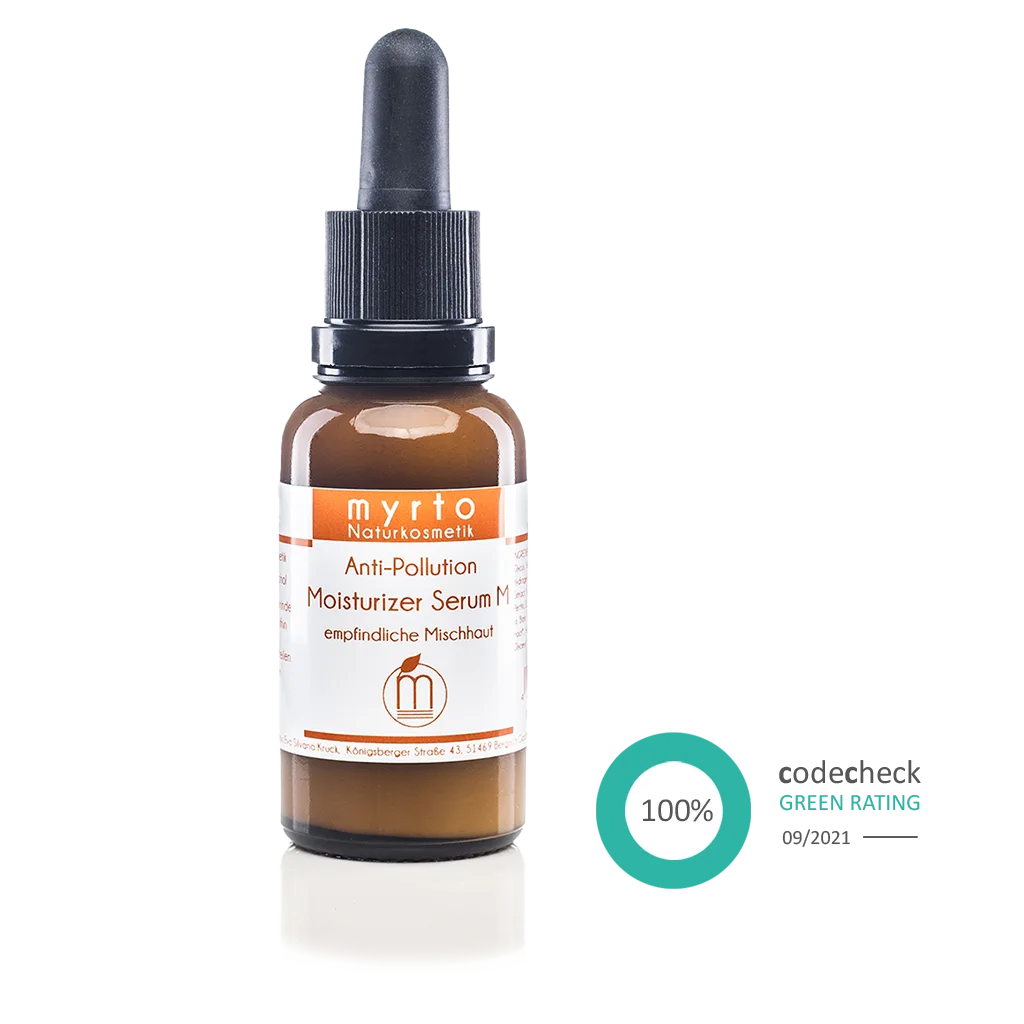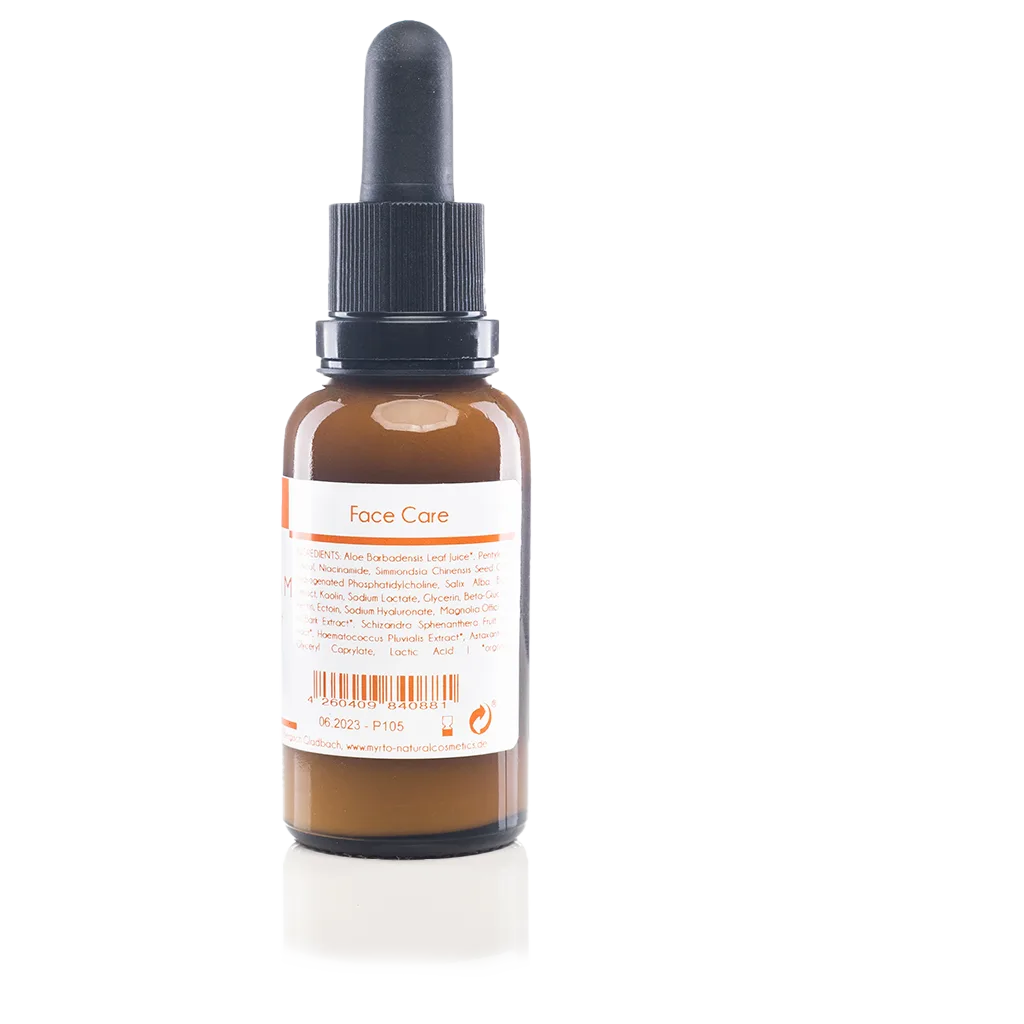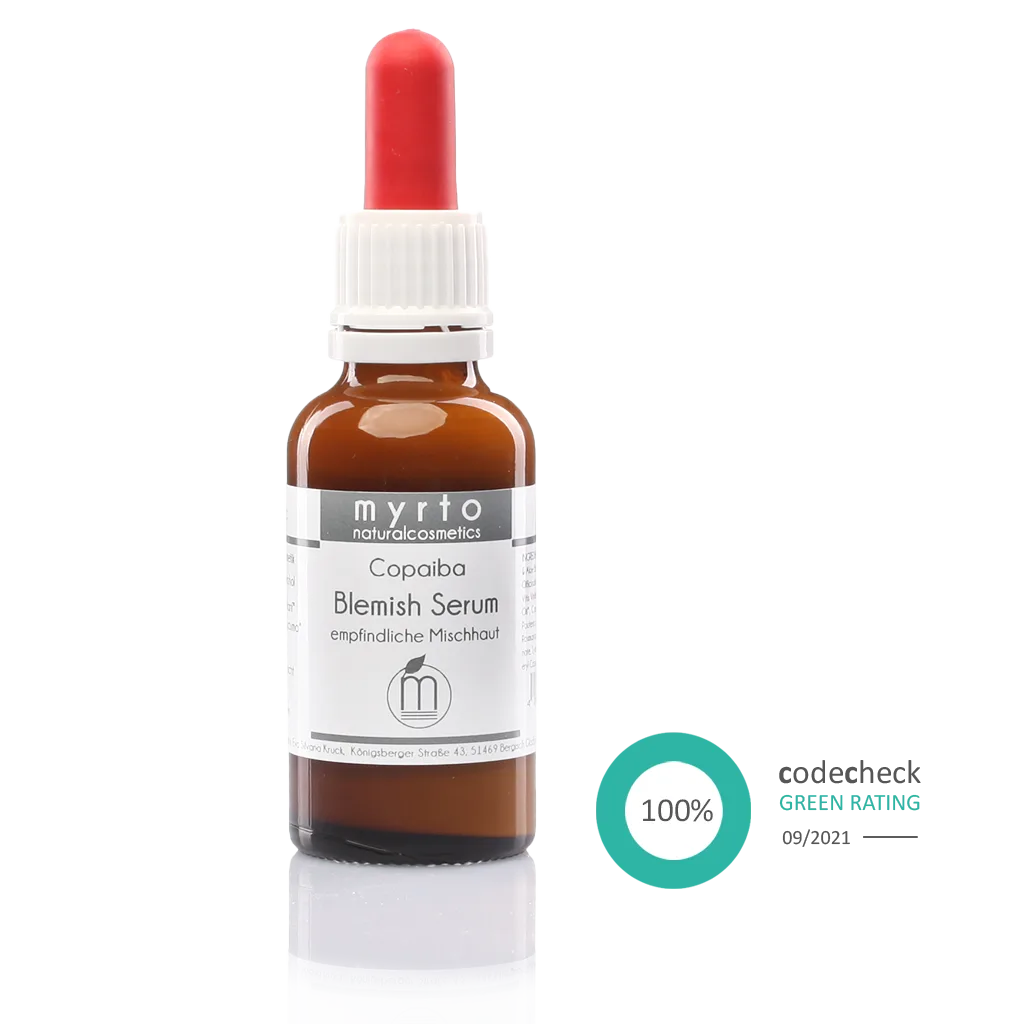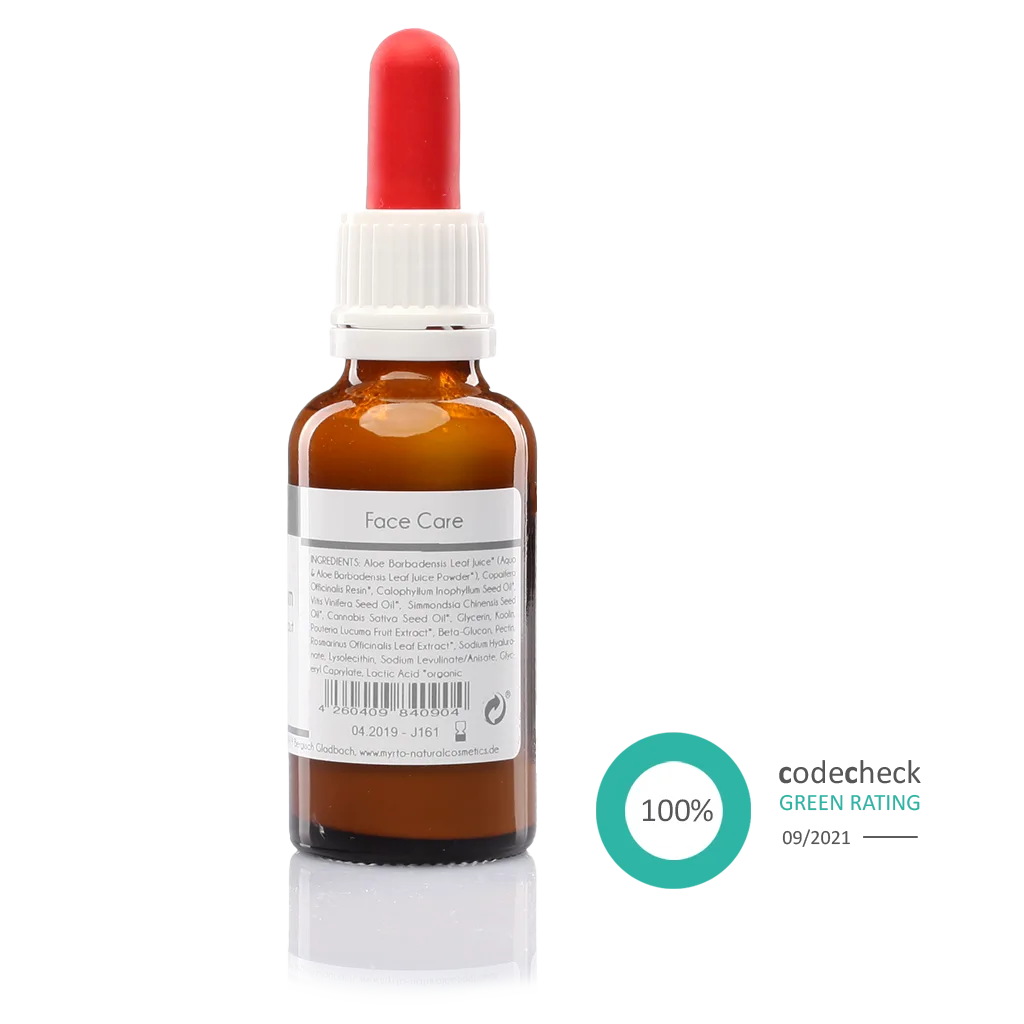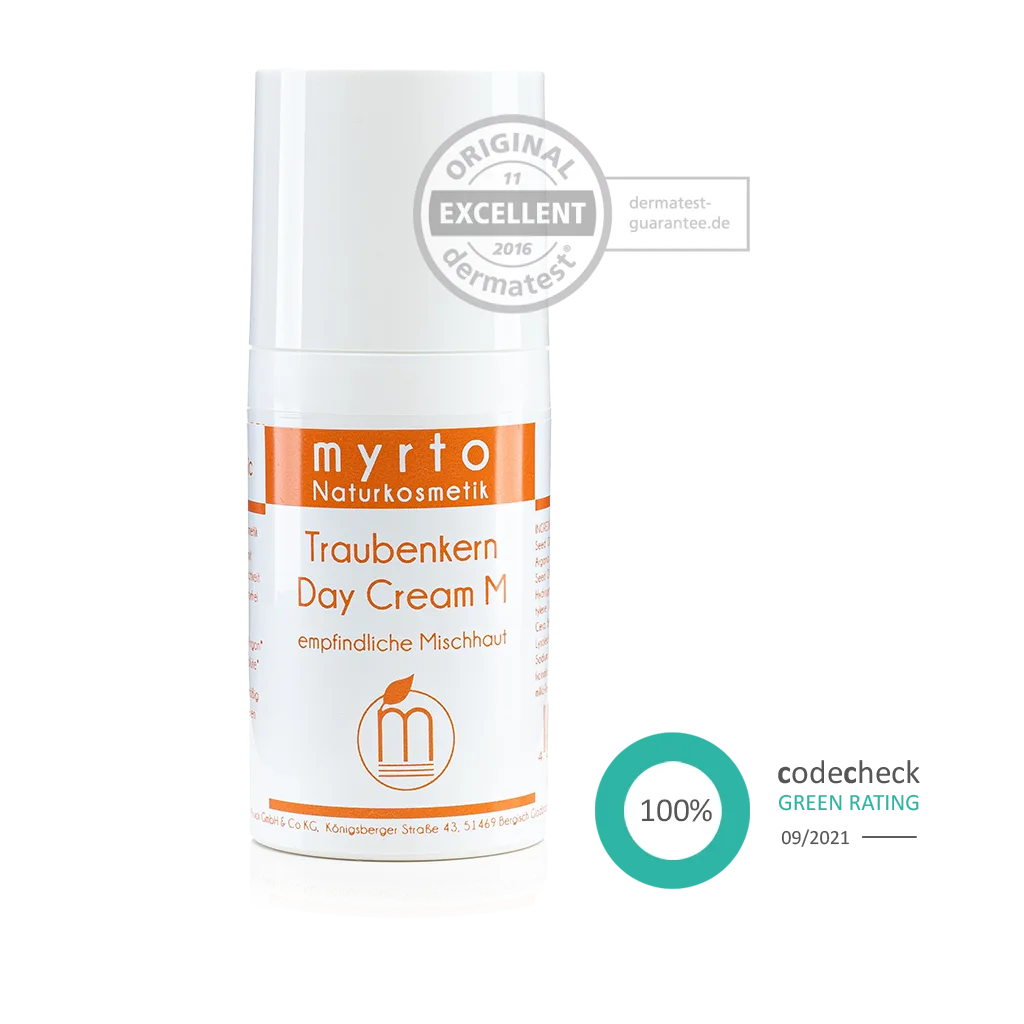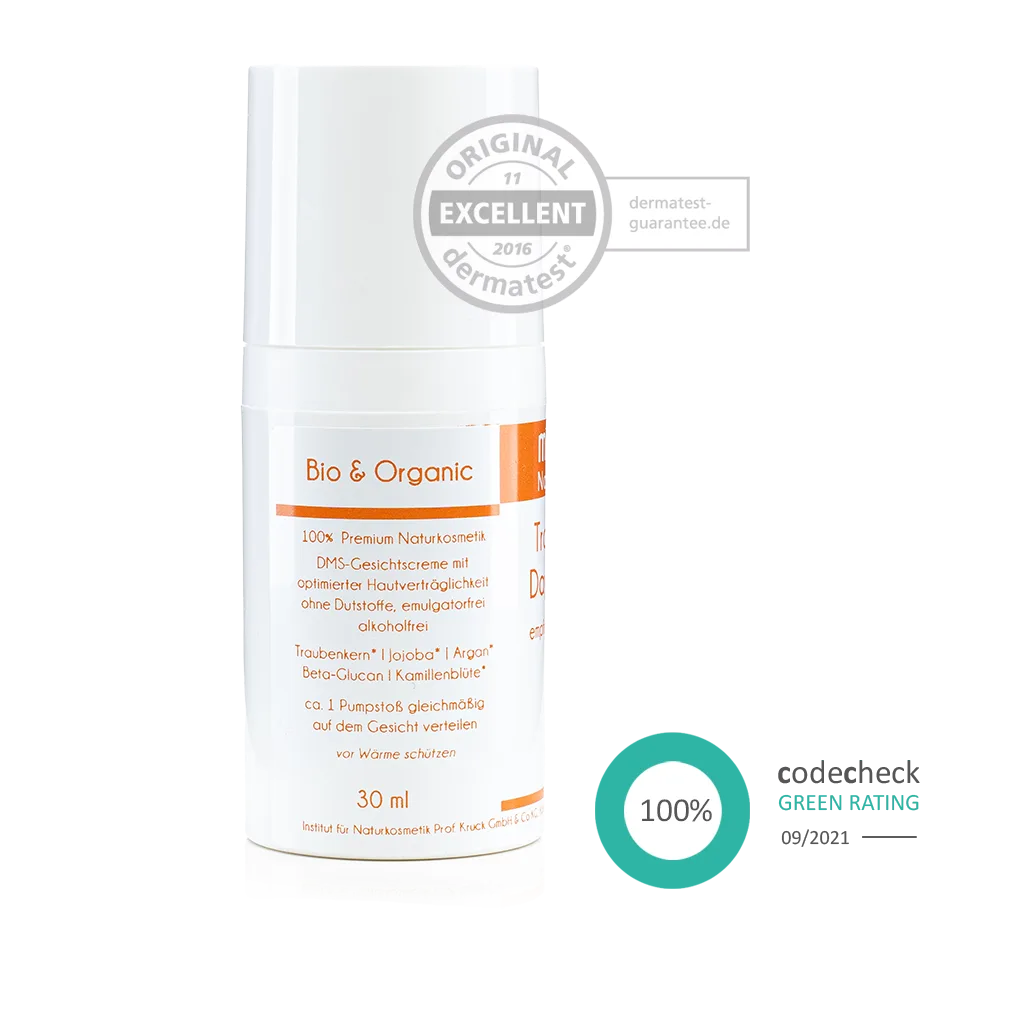Filters
Oily skin - causes and care tips
What characterizes oily skin?
Oily skin tends to have an oily shine, especially in the T-zone (forehead, nose, and chin). The skin produces excessive sebum, which can lead to clogged pores. Oily skin tends to be thicker, has a coarser texture, and is prone to blemishes like blackheads, pimples, and acne. Despite these challenges, oily skin also has an advantage: It stays firm longer and wrinkles less quickly.
Causes of oily skin
The causes of oily skin are varied and can be influenced by genetic, hormonal and external factors:
- Genetics: Oily skin can be inherited.
- Hormonal changes: Puberty, menstrual cycle, pregnancy and menopause can stimulate sebum production.
- Medications: Hormone preparations or steroids can also promote oily skin.
- Stress: Stress-related hormones, especially androgens, stimulate the sebaceous glands.
- Diet: Foods rich in sugar and processed foods can increase sebum production and worsen the appearance of the skin.
- Incorrect skin care: Overly drying products can increase sebum production as the skin tries to replace lost moisture.
Care tips for oily skin
An effective skincare routine is crucial for controlling shine and preventing breakouts. Here are the key steps:
- Gentle, non-comedogenic cleansing: Wash your face twice a day with a mild, clarifying cleanser. Avoid harsh cleansers, which can strip the skin of excess oil and weaken its natural protective barrier.
- Alcohol-free toner: A soothing toner , such as one with aloe vera and chamomile, helps clarify skin and reduce shine without over-drying it.
- Facial serums for oily skin: Choose light, non-comedogenic serums that absorb quickly and provide moisture. Recommended products include:
- Niacinamide : For clear skin and to reduce pores.
- Hyaluronic acid : For intensive hydration without shine.
- Vitamin C and Vitamin B3: For an even complexion and radiance.
- Light moisturizer: A light, non-comedogenic cream strengthens the skin barrier and hydrates without leaving a greasy shine. In colder months, a light moisturizer, such as myrto Organic Grape Seed Face Cream, can be beneficial.
Additional care for oily skin
- Masks: Clay or healing clay masks applied once or twice a week have a clarifying and anti-inflammatory effect, bind excess sebum, and help reduce impurities.
- Gentle exfoliants: Exfoliating with salicylic acid or glycolic acid once or twice a week removes dead skin cells and prevents clogged pores. Avoid mechanical exfoliants, as they can irritate the skin and stimulate sebum production.
Recommended ingredients for oily skin
Certain ingredients have proven particularly effective for oily skin:
- Bakuchiol: A plant-based alternative to retinol that smoothes skin and refines pores.
- Willow bark: Contains natural salicylic acid and has a sebum-regulating effect.
- Niacinamide and zinc: Reduce redness and have antibacterial effects.
- Hyaluronic acid: Binds moisture in the skin and gives a fresh, non-greasy complexion.
A well-thought-out skincare routine for oily skin aims to regulate excess sebum, soothe the skin, and prevent breakouts. With a coordinated skincare routine, you can control shine and promote a clear, healthy complexion.



